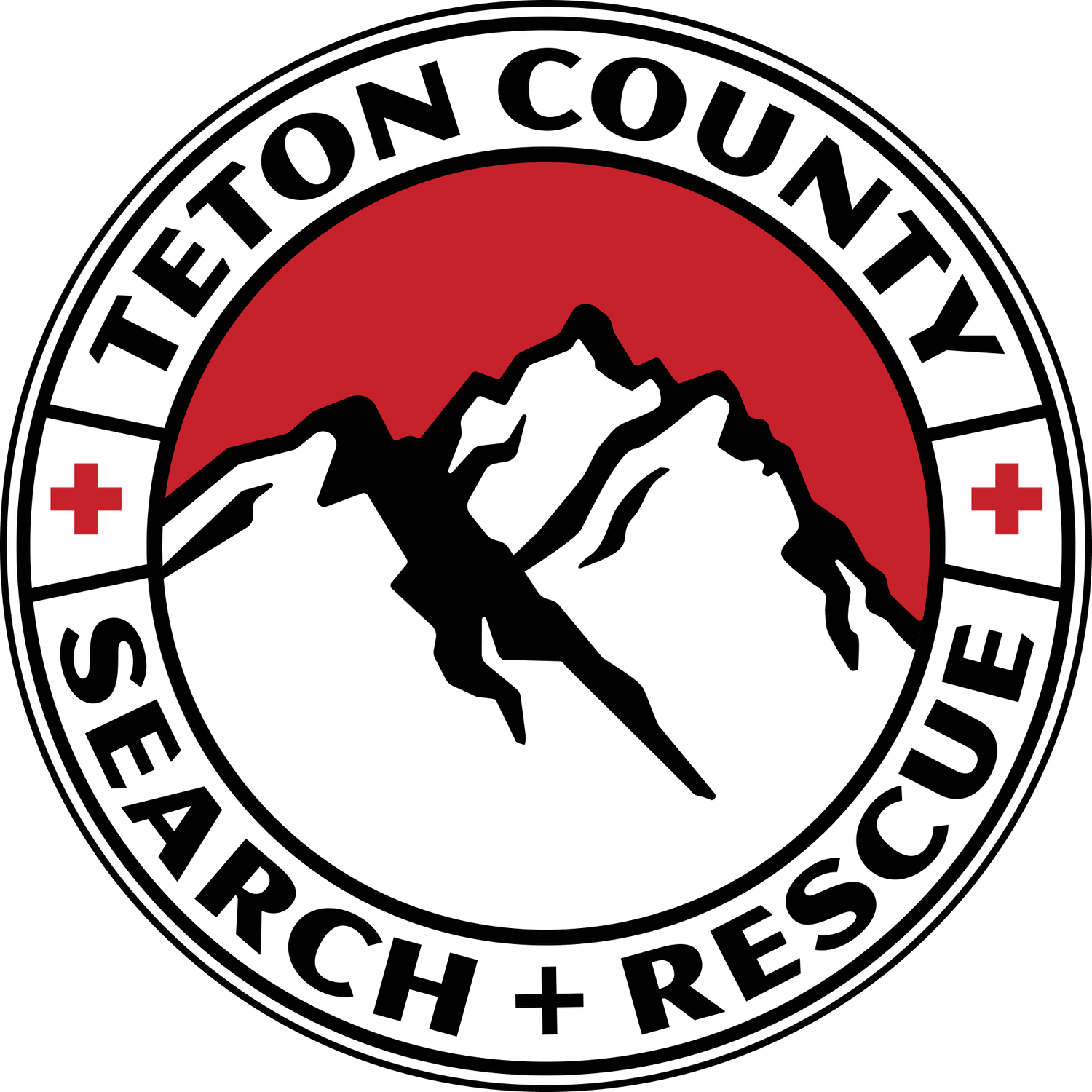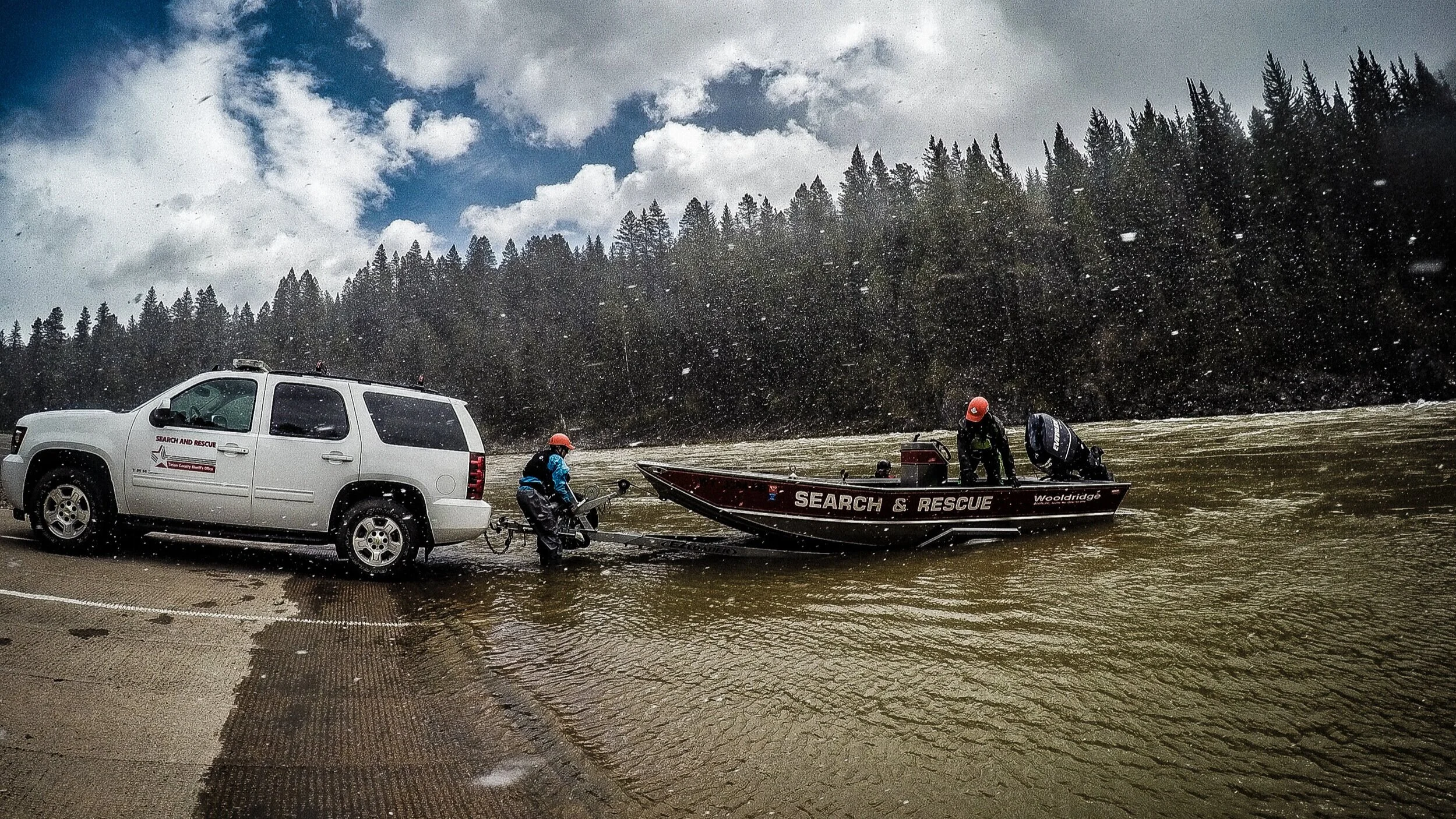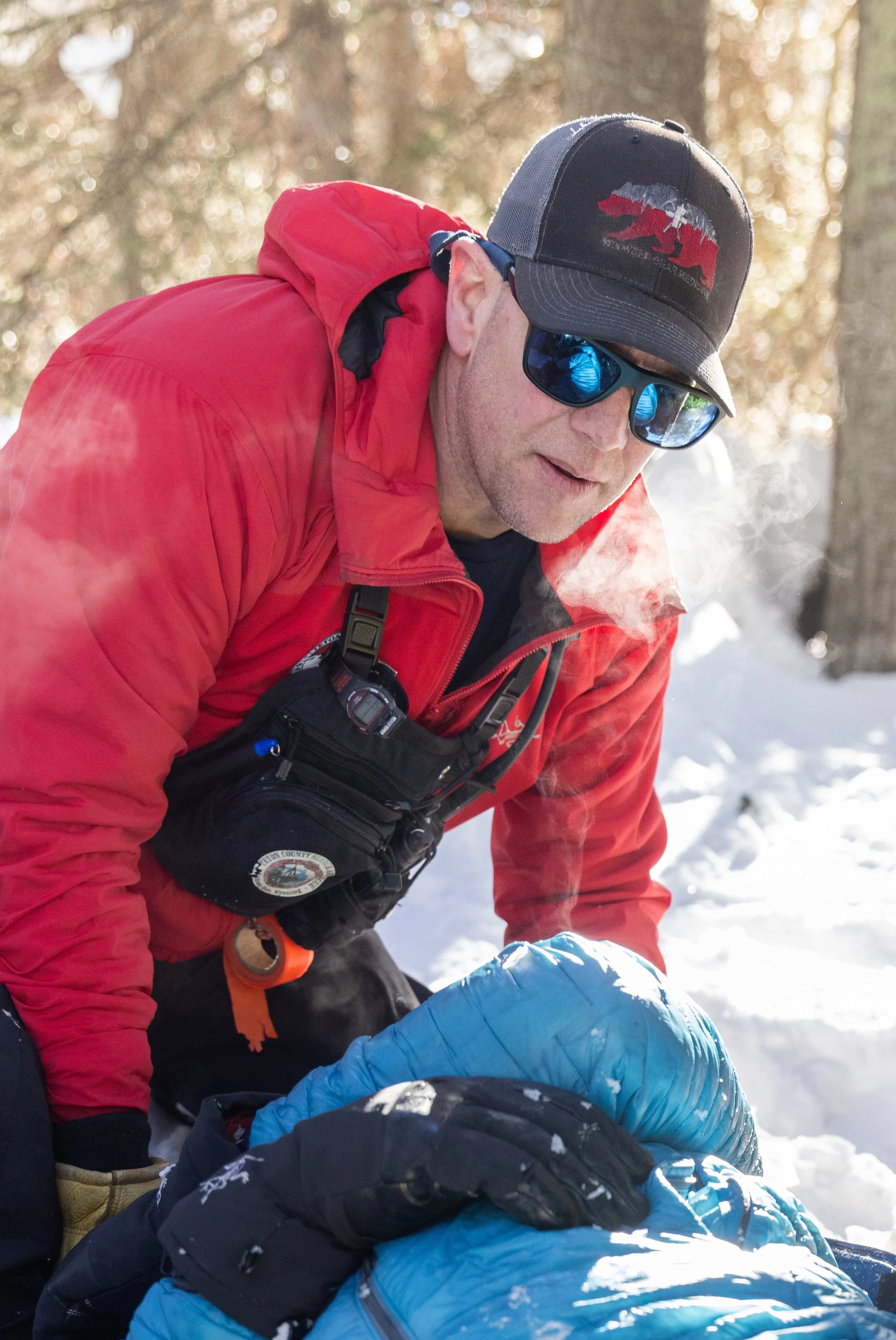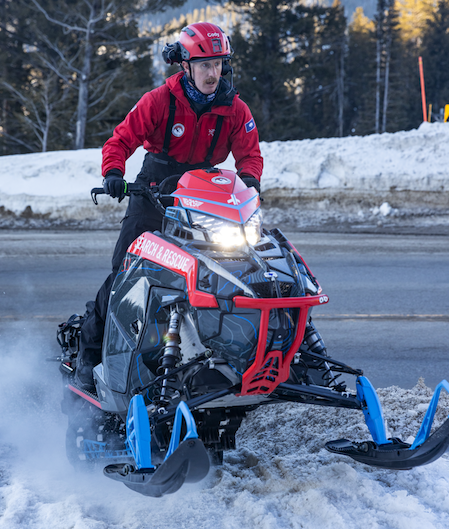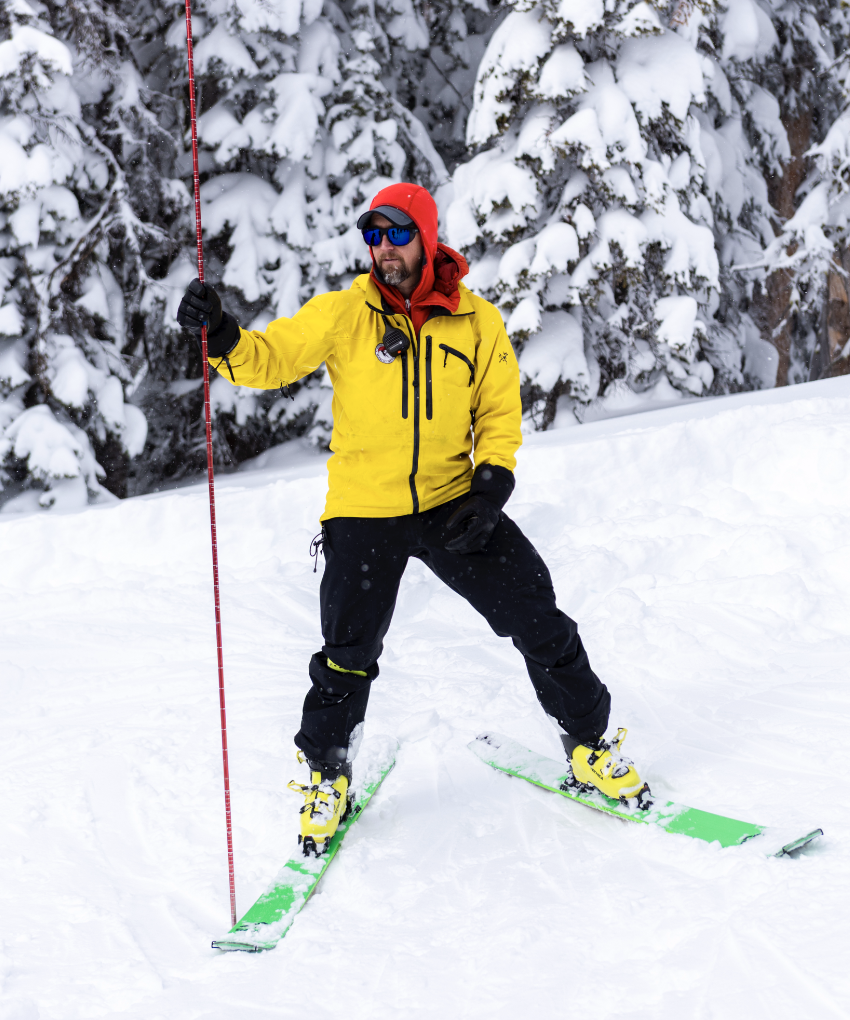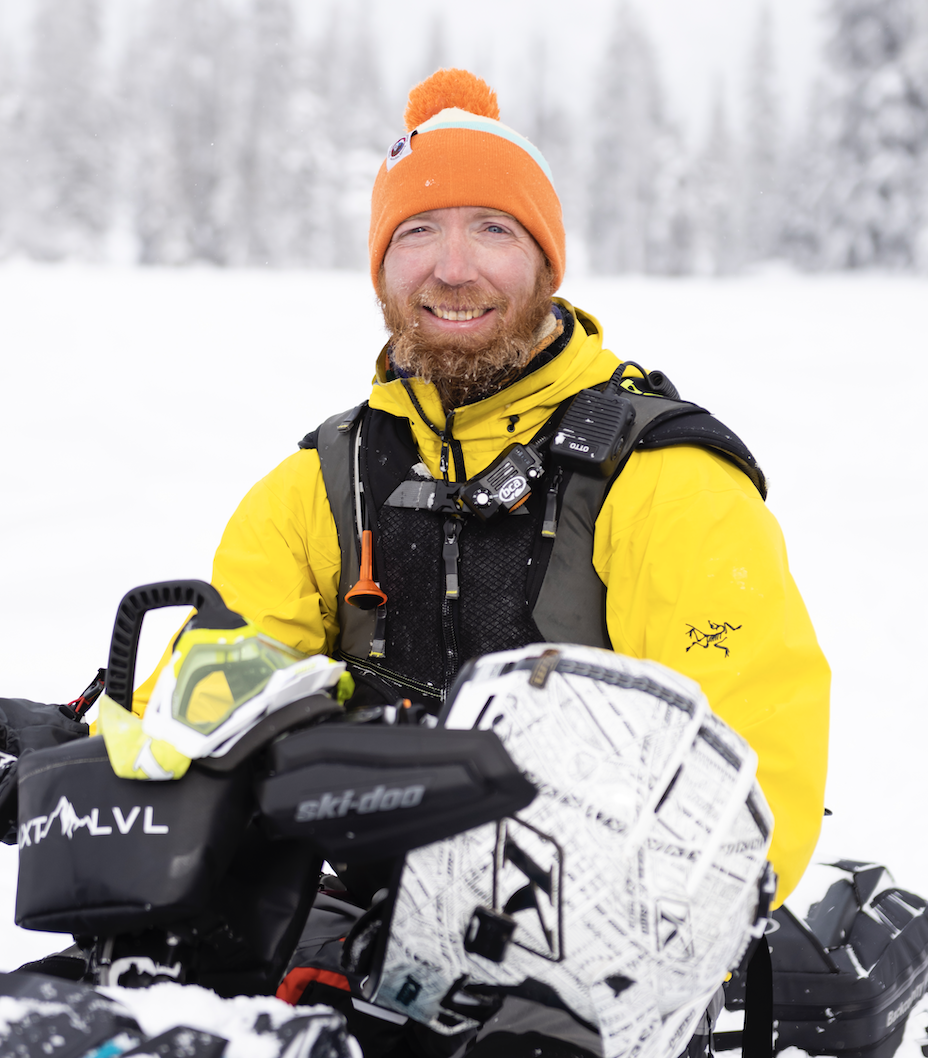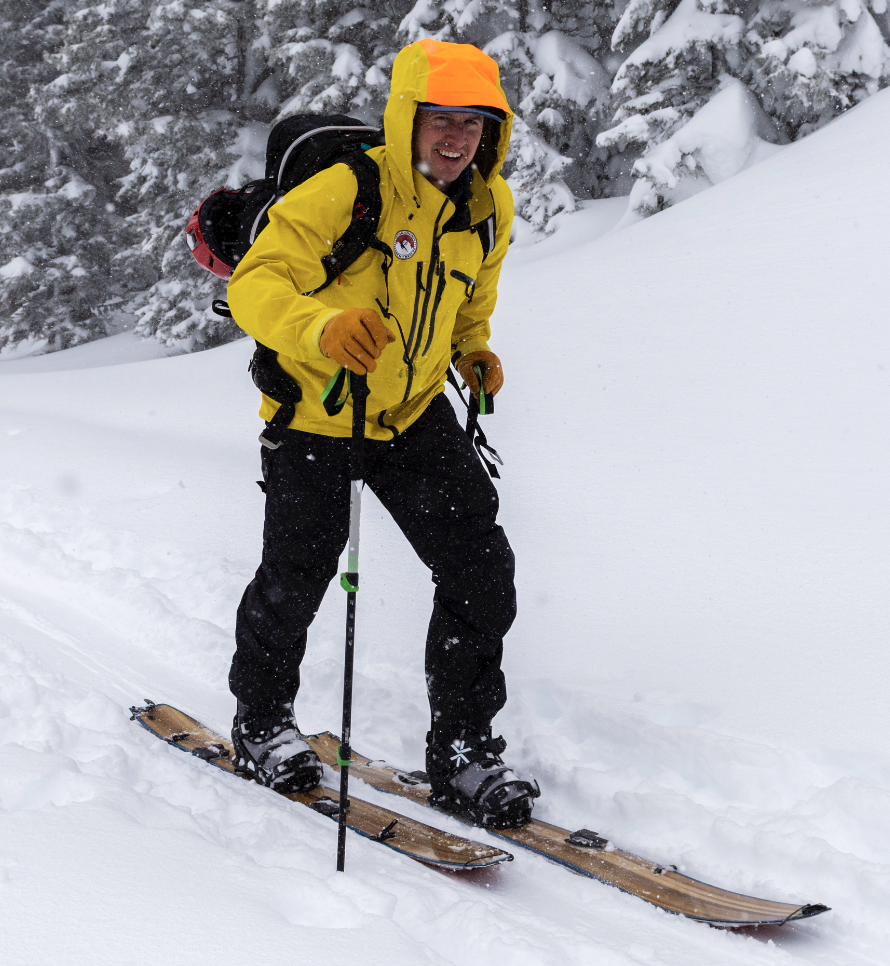Jackson, Wyo. — Teton County Search & Rescue recently recognized numerous volunteers for reaching significant milestones in their commitment to the team and the betterment of our community.
Each summer, the organization honors those volunteers who have reached 10 years of service or more, in five-year increments. The volunteers who reach these milestones receive a limited-edition belt buckle at the team’s summer picnic. This year, Teton County Commissioners also recognized the volunteers with a certificate of service.
Volunteers Chris Stiehl and Carol Viau were recently recognized for their 25-year commitment to Teton County Search & Rescue. Photo: Matt Hansen
This year, volunteers Chris Stiehl and Carol Viau were recognized for their 25 years of service on TCSAR. Having joined the team in 2000, the two are among the most tenured volunteers in the organization. Only Tim Ciocarlan (1993), Mike Moyer (1993), Mike Estes (1993), and Jenn Sparks (1998) have been on the team longer.
Ten Years and Counting
The volunteers who have reached the 15-year mark include: Ryan Combs, Ethan Lobdell, Cody Lockhart, and Galen Parke.
Reaching the 10-year anniversary include volunteers: KC Bess, Phillip Fox, Chase Lockhart, Ryan Mertaugh, Keegan Pfeil, Scott Shervin, Anthony Stevens, Doug Van Houten, and Don Watkins.
Of the 36 volunteers on TCSAR, 27 have served for more than 10 years. Every year, TCSAR volunteers collectively donate more than 10,000 hours of service back to the community in the form of rescues, trainings, and backcountry safety education. All rescues performed by TCSAR are free of charge.
Please join us in thanking all of these volunteers for their exceptional commitment to our community.
